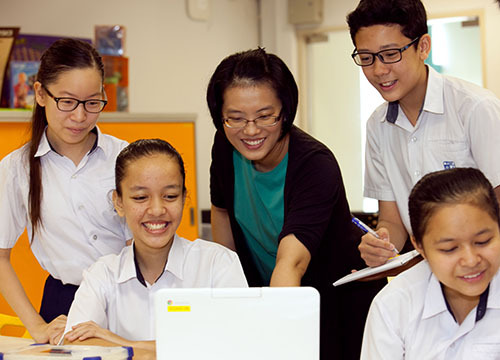
Just imagine schools decades from today – what will they be like?
Pak Tee Ng dékánhelyettese, Vezetés Learning, és a vezetője politika és vezetési ismeretek egyetemi csoport a National Institute of Education (NO), Nanyang Technological University (NTU), Szingapúr. He teaches in the programmes for school leaders (Principal-ship and Head-of-Department-ship), postgraduate programmes for research candidates (Master, EdD and PhD) and in the foundation programmes for trainee teachers. He has been a frequent contributor to A Global Search for Education. It is our great pleasure to welcome him back to share his perspectives on schools in the future.
Just imagine, Pak Tee, hogyan fogja a jövő iskolája legyen környezettudatosabb?
Decemberben 2015, many nations around the world gathered in Paris and came to a historic agreement to commit to ways in which the world could address climate change. Global climate change is a serious issue that affects everybody. Ezért, I envisage that environmental issues will be featured quite prominently in future curricula. Students will discuss these issues from the perspective of science, geography or social studies, and how they could protect the environment. They will be involved in environmental protection projects to raise awareness among people or find possible solutions. Például, Szingapúrban, there are workshops in various schools to help students appreciate various environmental issues and equip them with skills for them to be advocates of environmental protection among their friends, families and in the community. The annual Clean and Green Singapore Schools’ Carnival encourages students, teachers and partners in education to showcase their projects that protect the environment. There is also a School Green Awards (SGA) program that promotes awareness of environmental issues and conservation. This has attracted the participation of many students from primary schools, secondary schools, junior colleges, egyetemek, polytechnics and institutes of technical education. These efforts promote awareness among young people to be more environmentally conscious.
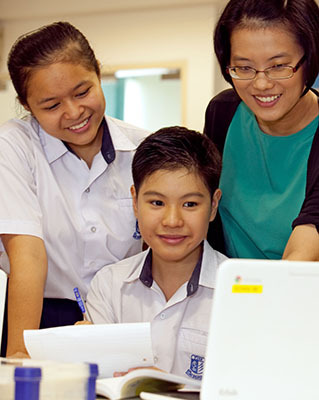
Hogyan lesz a jövő iskolája legyen globálisan befogadó?
As the world becomes more globalized, schools will educate students who come from different parts of the world. Ezért, schools will have to become more globally inclusive. In school, students will have to learn to understand and appreciate different cultures. They will have to learn how to interact with people who are very different from themselves in a mutually respectful way. Valójában, one of the competencies in Singapore’s 21st century competencies framework is civic literacy, global awareness and cross-cultural skills. One of the key educational messages in Singapore is racial harmony. Each year on 21st July, schools observe the Racial Harmony Day, to mark Singapore’s 1964 race riots, and to remind students of the importance of respecting all races and living harmoniously together. In some schools, students are encouraged to turn up for their classes dressed in ethnic costumes. Schools make the effort to remind students to understand and appreciate one another’s culture better.
How will technology be integrated into the curriculum and how will schools handle the integration of continual advancements in technology?
As technology advances and becomes more pervasive in our lives, it is inevitable that schools will have to keep up with technology simply because that is how work is done and how people communicate. Így, the challenge is not about the integration of technology in school. Inkább, it is about how technology can be used to enhance the quality of teaching and learning. The focus should not be on how sophisticated a technological tool is. The focus should be on pedagogy and how technology can be used to enhance an existing pedagogy or enable a new and superior pedagogy.
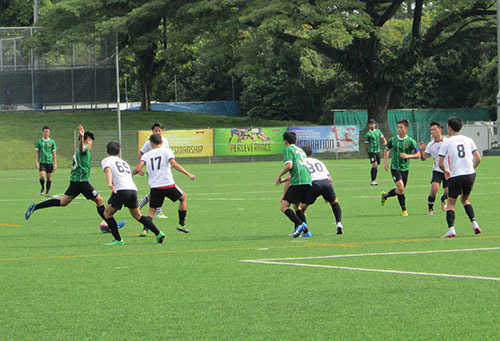
Mi marad a hagyományos kézműves munka és írásban?
Traditional craft work will be more valued than before because most products will be made by machines. Ezért, expert craftsmanship that produces high quality or bespoke products will command a premium. Low skilled or poor quality craft work will be replaced by machine-made products. Writing will still be essential as language is the means of communication among people. The challenge in the future could be the decline of the general quality of handwriting or spelling. We are using keyboards and relying on automatic spell checks too often.
Mivel a hatékonyság az internet és az otthoni tanulás, how much time will be needed in school?
I believe students will still go to school for roughly the same amount of time. School is a place not just for acquiring knowledge but to learn soft skills such as communication, teamwork as well as important life skills. Azonban, lesson time in school will be more fruitfully used for deep discussions rather than merely information download.
Mennyire fontos lesz a jelenléte a fizikai tanárok lenni?
The presence of physical teachers will be more important than ever before. In the Internet age, there will be a lot of information and misinformation that students can get through the virtual medium. They need skillful teachers to help them process this large amount of material and distinguish good information from misinformation. Teachers have to help students learn how to synthesize information as well as to create useful knowledge and applications. A legfontosabb, teachers need to guide students in the area of cyber-wellness and cyber-ethics.
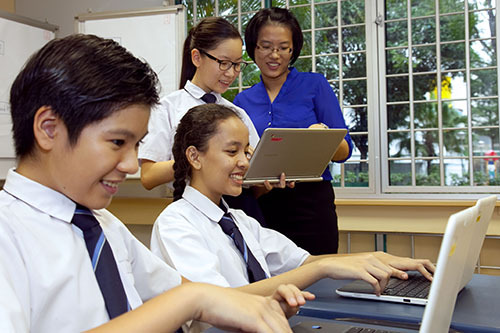
Majd a technológiai fejlődés vezet a további személyre szabott oktatás a diákok egyéni vagy fog is növeli a techno-bürokratikus szükség szabványosítási?
Paradoxically, technology advancement will lead to further personalization of education to individual students as well as increase the techno-bureaucratic need for standardization. Technology will lead to personalization of education because it enables anytime, anywhere and customized learning modules. Azonban, because the quality of online learning modules can be so varied across different platforms, employers will still need some ways of knowing whether the learning through such online modules has been substantial. Learners will also want a proof of the worth of their learning. Ezért, there will still be a demand for some level of standardization and even certification.
Fogunk tanítani a diákoknak adott “tantárgyak” A hagyományos osztálytermek, mint ami ma vagy a jövőben osztályok is többet integrált / hibrid tanulási?
Igen, we will still be teaching students “tantárgyak”. The division of knowledge into “tantárgyak” is a way of organizing learning. Azonban, the knowledge domain of each “subject” will change. Some may even be re-defined. Is, within a learning program, there will be a lot more integrated and hybrid learning, using real world situations and emphasizing authentic applications. Például, Szingapúrban, we are implementing a new integration in our health and sports curriculum. Health education and sports are taught to children in an integrative way by connecting health concepts and sporting activities. In playing a sport, students learn about nutrition, hygiene and safety, and plan a fitness program for themselves to enable them to play that sport and stay healthy. Egy másik példa – in a local secondary school, Zene, English and Literature are integrated in a fusion program that allows students to learn all three subjects at the same time and culminates in the production of a school musical.
Szembesült növekvő időt töltött a digitális eszközök, hogyan lehet tanítani a gyakorlati készségek, beleértve megbirkózni stressz és személyközi konfliktusok?
Szingapúrban, we emphasize social emotional learning for young people. Teachers guide students to develop their inner world and to learn how to handle themselves, interact with others, and lead a well-balanced life. Within the curriculum of social emotional learning, coping with stress and handling interpersonal conflicts are part of the critical learning that students should go through. In these areas, teachers serve as advisors, mentors or life coaches.
Fotók 1, 2 és 4 are courtesy of the Yusof Ishak Secondary School. Fénykép 3 (soccer game) is courtesy of Pak Tee Ng.
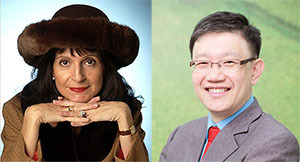

Csatlakozz hozzám és világszerte elismert szellemi vezetők többek között Sir Michael Barber (UK), DR. Michael blokk (Az US), DR. Leon Botstein (Az US), Professzor Clay Christensen (Az US), DR. Linda Darling-Hammond (Az US), DR. MadhavChavan (India), Professzor Michael Fullan (Kanada), Professzor Howard Gardner (Az US), Professzor Andy Hargreaves (Az US), Professzor Yvonne Hellman (Hollandiában), Professzor Kristin Helstad (Norvégia), Jean Hendrickson (Az US), Professzor Rose Hipkins (Új-Zéland), Professzor Cornelia Hoogland (Kanada), Tisztelt Jeff Johnson (Kanada), Mrs. Chantal Kaufmann (Belgium), DR. EijaKauppinen (Finnország), Államtitkár TapioKosunen (Finnország), Professzor Dominique Lafontaine (Belgium), Professor Hugh Lauder (UK), Lord Ken Macdonald (UK), Professor Geoff Masters (Ausztrália), Professzor Barry McGaw (Ausztrália), Shiv Nadar (India), Professzor R. Natarajan (India), DR. PAK NG (Szingapúr), DR. Denise Pope (US), Sridhar Rajagopalan (India), DR. Diane Ravitch (Az US), Richard Wilson Riley (Az US), Sir Ken Robinson (UK), Professzor Pasi Sahlberg (Finnország), Professzor Manabu Sato (Japán), Andreas Schleicher (PISA, OECD), DR. Anthony Seldon (UK), DR. David Shaffer (Az US), DR. Kirsten Magával ragadó Are (Norvégia), Chancellor Stephen Spahn (Az US), Yves Theze (LyceeFrancais számú amerikai egyesült államokbeli), Professor Charles Ungerleider (Kanada), Professzor Tony Wagner (Az US), Sir David Watson (UK), Professzor Dylan Wiliam (UK), DR. Mark Wormald (UK), Professzor Theo Wubbels (Hollandiában), Professzor Michael Young (UK), és professzor Minxuan Zhang (Kína) mivel azok feltárása a nagy kép oktatási kérdés, hogy minden nemzet ma szembesül.
A Global Search Oktatási közösségi oldal
C. M. Rubin a szerző két legolvasottabb internetes sorozat, amely megkapta a 2011 Upton Sinclair díjat, “A Global Search for Education” és “Hogyan fogjuk olvasása?” Ő a szerzője a három bestseller könyv, Beleértve The Real Alice Csodaországban, a kiadó CMRubinWorld, és egy Disruptor Alapítvány ösztöndíjasa.
Kövesse C. M. Rubin on Twitter: www.twitter.com/@cmrubinworld

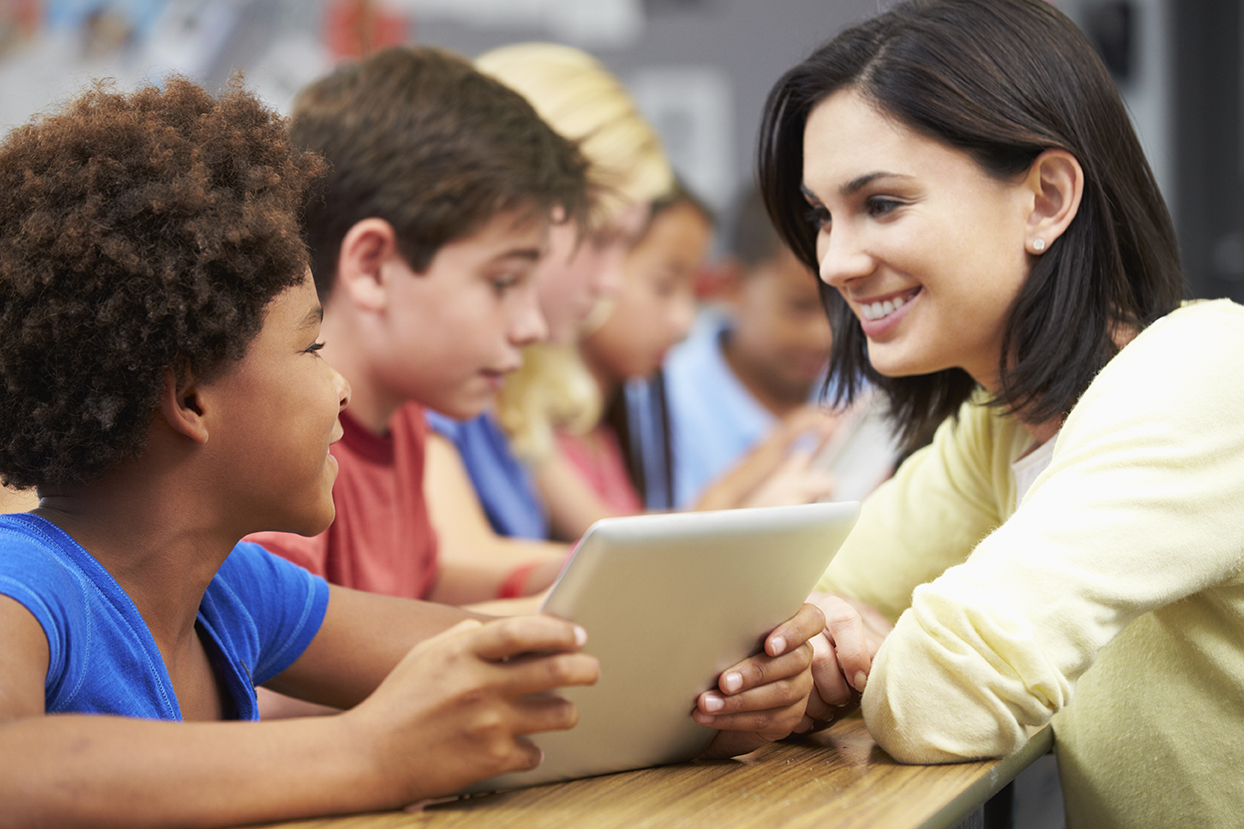
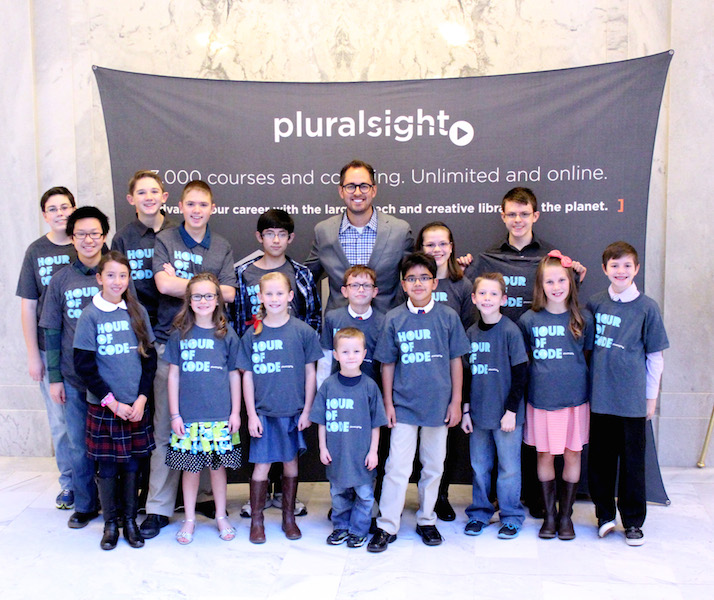
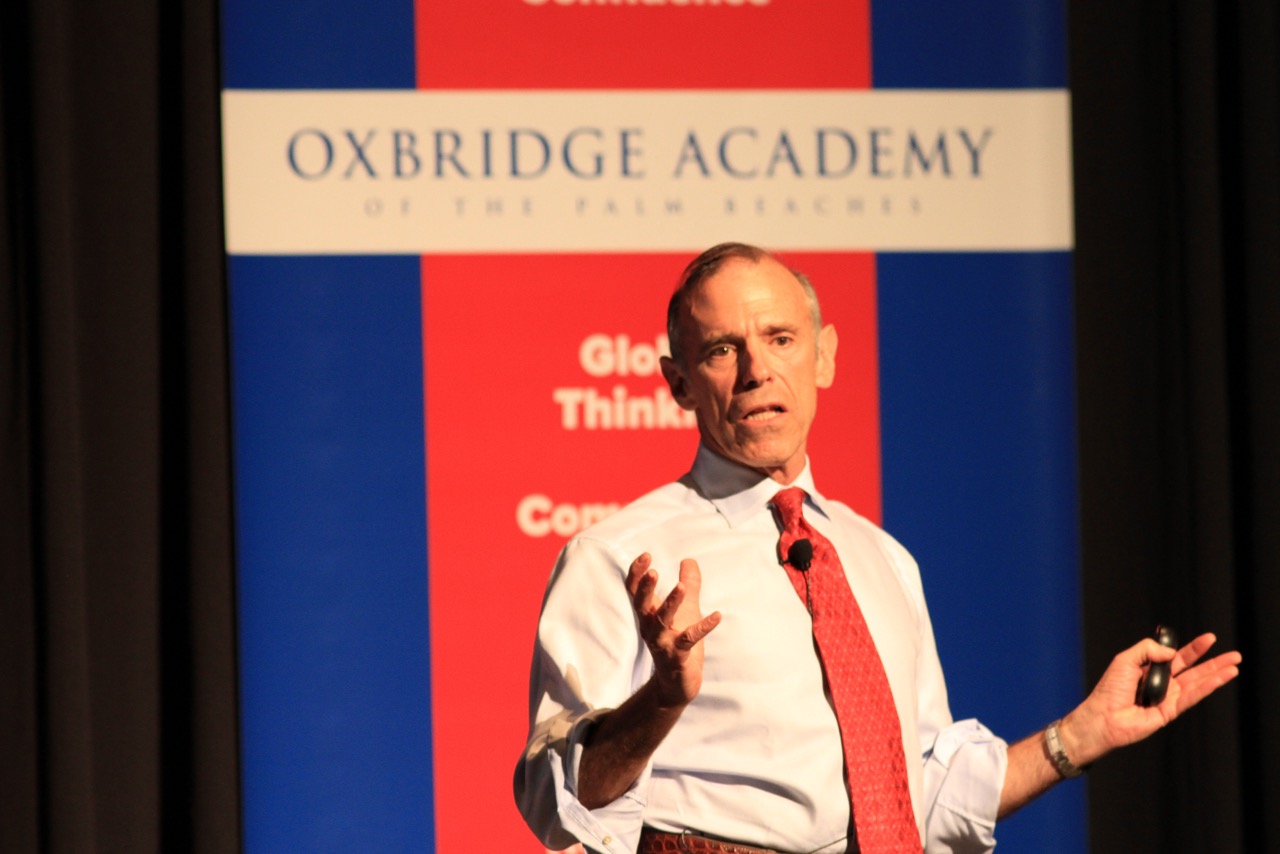
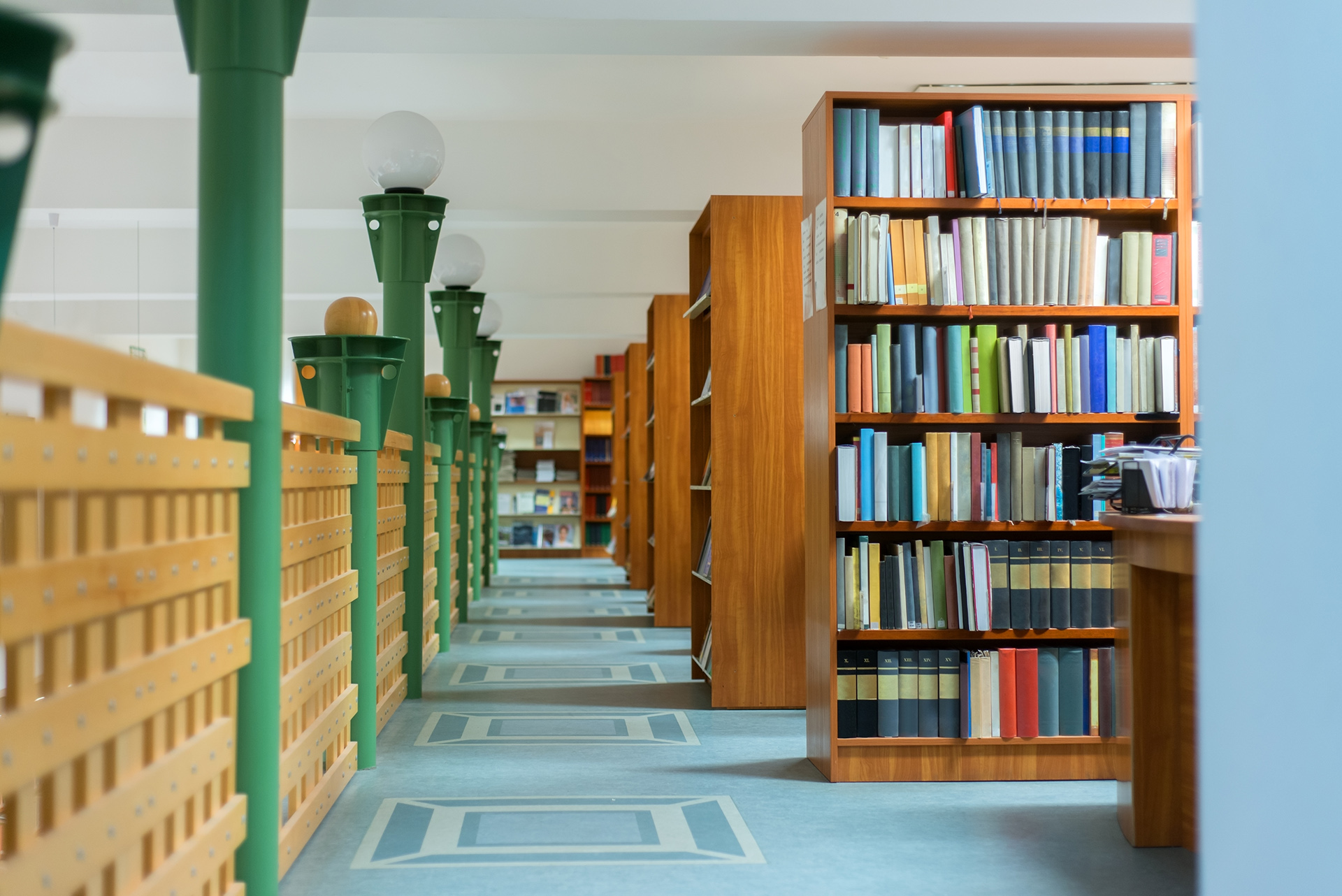
Legutóbbi hozzászólások